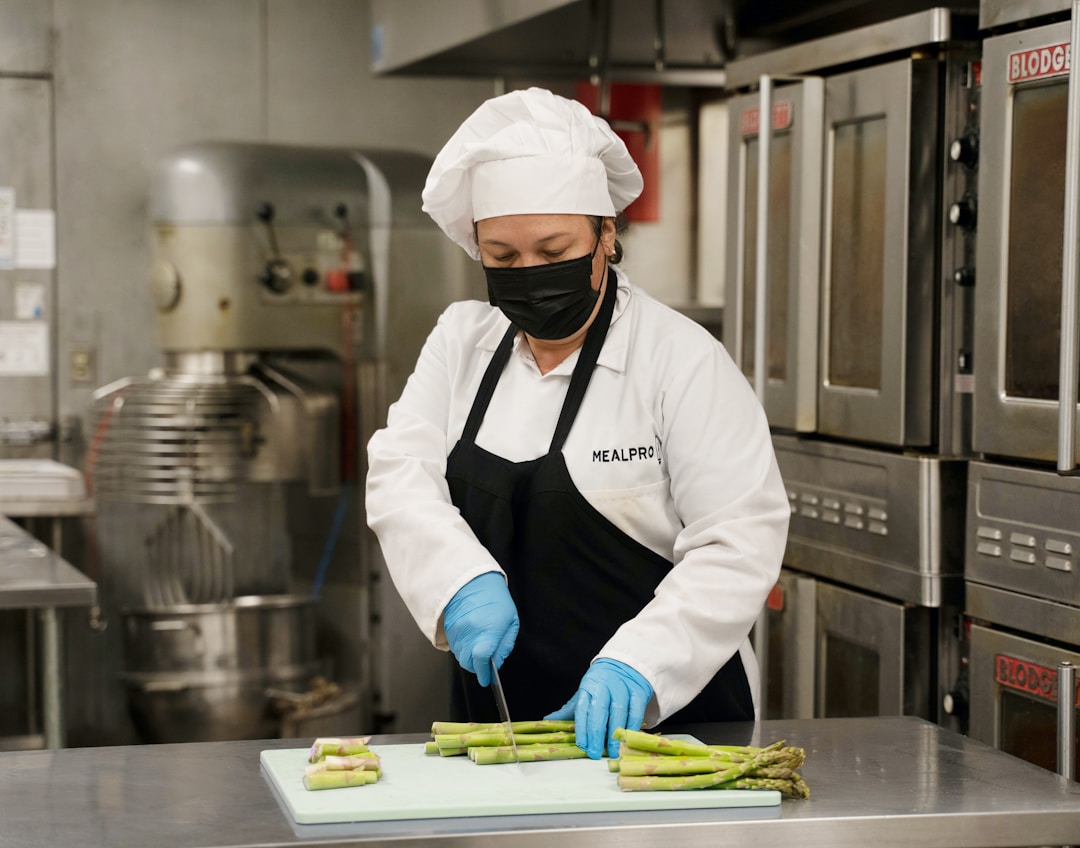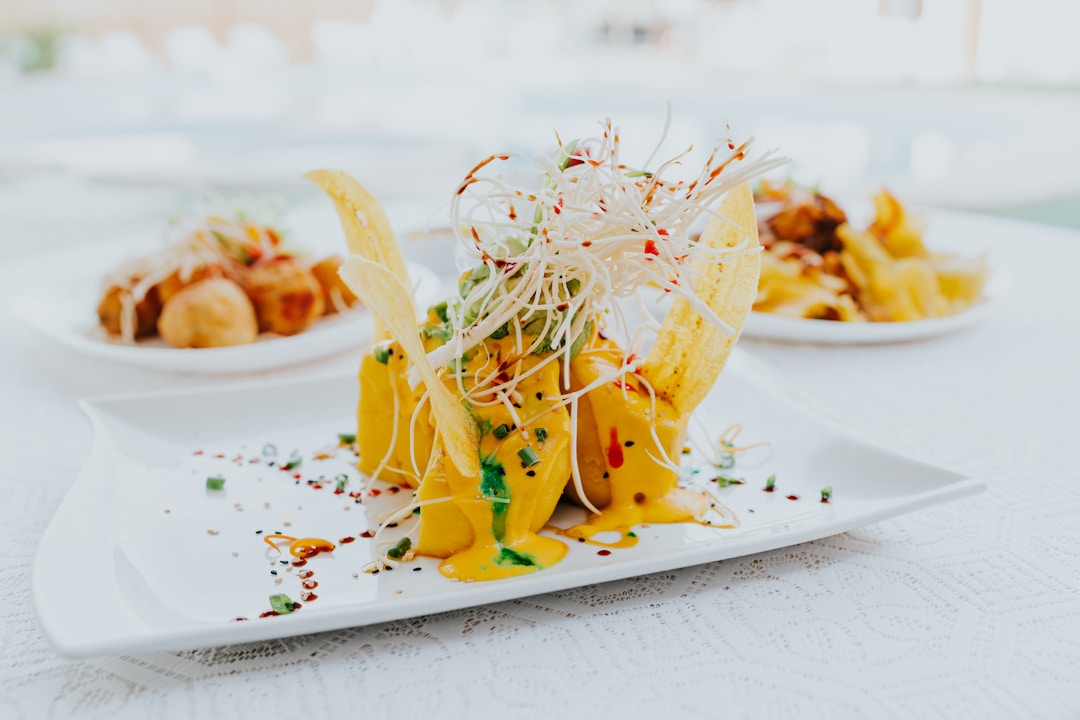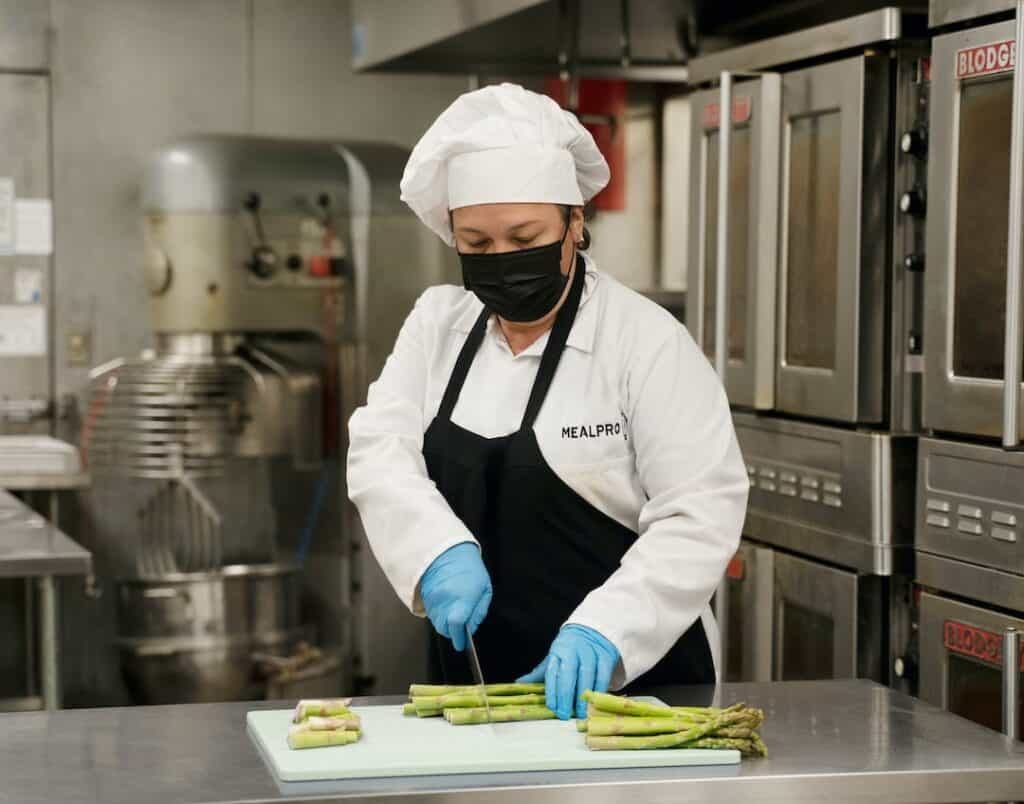Have you ever wondered about the journey of a Michelin-star chef? If the tantalizing world of gastronomy intrigues you and you’ve always dreamed of being a professional chef, then this article will guide you on this fascinating journey. From nurturing your culinary passion to building skills in the kitchen and gaining professional experiences, we’ll cover it all. Keep reading to find out more.
Kick-starting Your Culinary Journey: The Importance of Passion and Education

A culinary journey often starts with a raw passion for food. One of the most crucial ingredients on this trek is a consuming love for food and cooking, which will drive you to conquer the long and demanding hours a professional kitchen requires.
However, passion alone does not make one a successful chef. Professional education is necessary for refining your skills and obtaining an in-depth understanding of culinary art. Earning a degree from prestigious institutions like culinary schools NYC programs could be your stepping stone to success.
A culinary degree combines theoretical knowledge with practical exposure, ensuring students comprehend the nuances of versatile cuisine and dish creation.
Additionally, education aids in developing a comprehensive understanding of managing finances, ensuring health and food safety, effectively dealing with suppliers, and understanding restaurant law.
Exploring Culinary Schools: The Backbone of Becoming a Professional Chef
Culinary schools play a vital role in honing a student’s skill set and deepening their understanding of gastronomy. Choosing an accredited culinary school that offers comprehensive programs is a deciding factor in a budding chef’s career.
These schools often offer a variety of programs, ranging from culinary arts, baking and pastry arts, to restaurant management. Each program is meticulously designed to ensure a well-rounded education for the students.
In addition to theoretical learning, a good culinary school provides opportunities for practical experiences, offering hands-on preparation for the real-world kitchen environment.
The relationship between students and faculty is another crucial aspect. Faculty members are typically accomplished chefs who bestow valuable insights and experiences that textbooks often lack.
Building Skills in the Kitchen: Understanding Basics To Advanced Techniques
Successful chefs possess a comprehensive repertoire of culinary skills that extend beyond just basic cooking techniques. Skills like knife techniques, understanding of spices, food pairing and presentation are fundamental.
Apart from basic methods, learning advanced techniques such as sous-vide cooking, molecular gastronomy, and master-level pastry techniques can set you apart.
Understanding diverse cuisines is another essential aspect. A professional chef should be well-versed with an array of culinary styles and cultures.
Lastly, being environmentally conscious is crucial. The concept of farm-to-table is more relevant than ever, and understanding sustainable cooking techniques is essential.
Professional Experiences: The Role of Internships and Apprenticeships
Classroom knowledge isn’t enough when it comes to the culinary world. Real-world professional experiences are vital for all budding chefs. Internships or apprenticeships at reputed establishments provide exposure to the actual culinary world.
Serving as an intern or an apprentice helps refine the culinary techniques mastered during studies, offering a different level of confidence when executing dishes.
These experiences help cultivate essential soft skills such as time management, communication, teamwork, and problem-solving, which are pivotal in a bustling kitchen environment.
Moreover, internships can open doors for potential job opportunities and profoundly impact a culinary career.
The Path to Success: Traits of a Successful Professional Chef

Becoming a professional chef demands more than just mastering cooking techniques. It requires certain personality traits and a particular mindset for success.
A successful chef must exhibit creativity, passion, and an insatiable curiosity for food. They are always eager to experiment and create unique, tantalizing gastronomic experiences for their customers.
Leadership skills are as significant as culinary skills in a chef’s journey. A professional kitchen runs efficiently under a capable leader who can manage and motivate a team under stressful conditions.
Lastly, resilience and the ability to handle pressure are crucial. Kitchens can be highly stressful work environments. But an effective chef’s capability to remain calm and focused contributes significantly to their success and growth.
Succeeding on the culinary path involves a combination of passion, education, skill-building, and professional experiences. With these ingredients, the recipe for a successful professional chef is complete.
You may also like
-
Navigating the Post-Graduation Landscape: Challenges and Triumphs in Early Career Development
-
Social Media Platforms for Business Promotion
-
How to Get Your Child Ready for Early Education
-
Studying in Alberta: Top 5 Steps to Prepare for College Life in the Heart of Canada
-
The Best Canadian Colleges and Institutes
